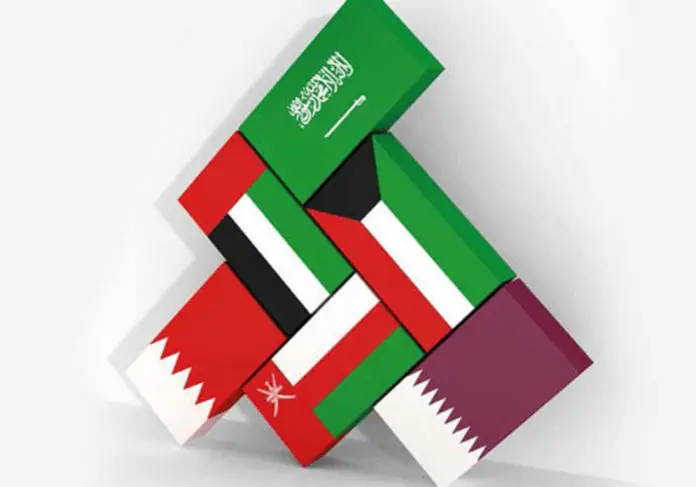By (Hira Tahir)
A country with healthier economy is a strong country and Foreign Direct Investment (FDI) plays an important role in strengthening the economy. To achieve this, Government of Pakistan established the Special Investment Facilitation Council (SIFC) as a centralized platform for multi-domain cooperation, particularly with GCC countries and other friendly nations for facilitating investment and promoting collaboration in related industries, aimed at maximizing the benefits of strategic partnerships and tap into shared opportunities for economic advancement.
In August 2004, Pakistan and the Gulf Cooperation Council (GCC) countries, including Saudi Arabia, UAE, Bahrain, Oman, Qatar, and Kuwait, signed a framework agreement to explore the possibility of a free trade agreement (FTA). However, progress was limited, and negotiations were infrequent in the following years. In 2021, the dialogue was revived, and Pakistan and Saudi Arabia have now reached an agreement on investment modalities, clearing the way for the long-awaited ratification of the FTA with the GCC. This agreement will be the first trade and investment pact that the GCC has entered into with any country in the past 15 years.
In September, Pakistan and the GCC agreed on the FTA. However, the signing of the agreement was delayed as Saudi Arabia requested the inclusion of an investment chapter, specifically aiming to incorporate a protection clause that includes the provision of the International Centre for Settlement of Investment Disputes (ICSID) as a forum for resolving investment disputes. The Special Investment Facilitation Council (SIFC), has approved the initiation of negotiations for the investment chapter with Saudi Arabia. This includes accommodating the Kingdom’s request for international arbitration. Pakistan already has international arbitration agreements, including with the International Centre for Settlement of Investment Disputes (ICSID), in place with four other GCC countries. The newly introduced investment chapter will now extend to investments made with Saudi Arabia and Qatar.
The implementation of the GCC Free Trade Agreement (FTA) is anticipated to have a positive impact on trade and investment. This agreement aims to promote and facilitate the flow of goods and services, as well as encourage investment opportunities between the two regions. By eliminating trade barriers and reducing tariffs, it will create a more favorable environment for businesses in Pakistan to export their products to the GCC countries.
Furthermore, the FTA is expected to attract foreign direct investment (FDI) from GCC countries into Pakistan. With the reduction of trade barriers and the implementation of favorable investment policies, GCC investors may find Pakistan to be an attractive destination for their capital. This influx of investment can contribute to the growth and development of various sectors in Pakistan, creating employment opportunities, help develop Pakistan’s infrastructure and foster economic growth for businesses in both regions. In addition to trade in goods, the agreement covers a wide range of areas, including trade in services such as digital trade and tourism.
Under the SIFC mandate, there are 28 potential projects being offered to Gulf countries, spanning various sectors. These projects include copper and gold operations at the Reko Diq mine in Baluchistan Province and a scheme to connect the Thar coal deposits in Sindh Province to the national rail network. Gulf Arab states have shown a strong interest in investing in Pakistan. As part of the SIFC, Riyadh plans to establish a 10 billion USD refinery project in collaboration with four Pakistani state owned oil and gas companies. Abu Dhabi has also secured significant deals to acquire substantial portions of Karachi’s port.
Saudi Arabia and the UAE have allocated 24 billion USD and 22 billion USD respectively to invest in Pakistan’s information technology, agriculture, and mining sectors. Additionally, Qatar is expected to invest around 3 billion USD in managing several airports in the country. Overall, Investments from Gulf countries in relation to SIFC-related projects are projected to reach approximately 44 billion USD, surpassing the amount of roughly 30 billion USD so far invested by Beijing in the China-Pakistan Economic Corridor (CPEC), a collection of Chinese-funded infrastructure initiatives. Furthermore, this level of investment far surpasses any previous Gulf Arab investments in the country.
At a critical juncture for Pakistan’s economy, the projects arrive as a timely effort to attract FDI and stimulate economic growth. The partnership between Pakistan and the Gulf Cooperation Council (GCC) will have a central role in promoting prosperity and development, aligning with the mutual interests of both parties. This collaboration highlights the essential importance of strong inter-governmental cooperation to strengthen economic relations.







